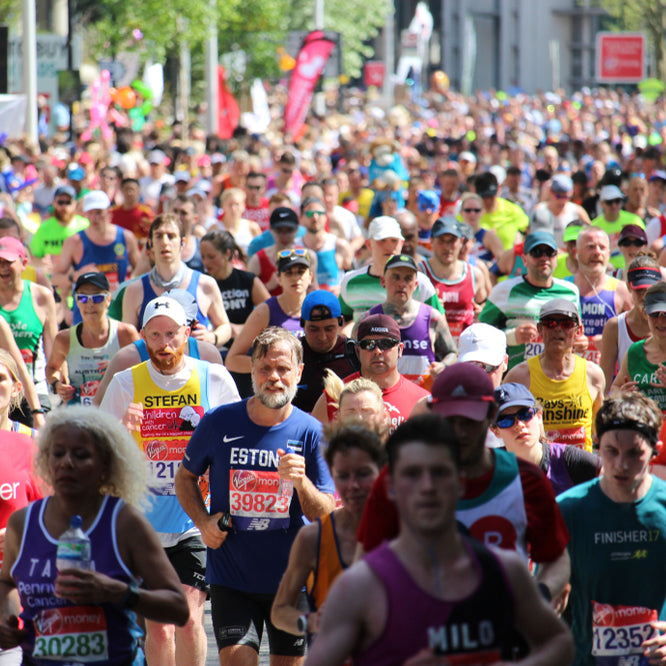Marathons are no longer as rare as they once were, with lots of people taking on the 26.2-mile distance.
But not everyone knows how to train thoroughly for the event. If you don’t prepare right, you're going to be in for a very painful few hours, so it pays to do some research before you set out on a training programme.
Smart training is also the way to reach your potential, ensure you don’t get injured before the big day and give yourself the best chance of running a fast time.
Here are four things you can do to improve your marathon training.
Slowly Progress Your Long Runs
Building up the duration of your long runs is an important element of any marathon build. You need to get used to spending a lot of time on your feet.
Aim for your longest run to be about 20 miles, but try to start at about 10 miles. Then build it up by one or two miles each week until you reach your longest training run around three or four weeks before the big race.
Do Interval Training
Probably the most efficient way to build your aerobic fitness is through high-intensity interval training. Try and maintain at least one interval session per week throughout your marathon build.
These should be longer reps of between three minutes and 10 minutes in duration, with the total volume of hard running between 20-30 minutes depending on your experience.
Running at faster paces on the intervals will make your marathon pace feel easier and also raise your lactate threshold speed, a key predictor of running performance.
Add Faster Sections To Your Long Runs
If you’re targeting a particular time then it’s important not only to get used to running for more than 2-3 hours but also to get used to running at your target marathon pace.
Try using your long runs to train your body for this. For example, you could split a 20-mile run into sections of slower and faster running. Start with six miles of easy running to warm up and tire your legs out a bit, then go into three sets of three miles at marathon pace with one mile easy in between. Then finish with three more miles easy to make up the distance.
Consider Fasted Runs
Your body can only store enough energy from carbohydrates to last about 90 minutes, so the marathon will test your body’s ability to burn fat for energy.
One technique to train your body to do this more efficiently is completing a run on an empty stomach about once a week. The easiest way to do this is to run in the morning before you’ve had breakfast.
Unless you’re very well trained, it’s best to stick to relatively short or moderate distances so that you don’t over-fatigue yourself.


Share:
How To Recover Quickly From Illness & Get Back Training
Best Knee Compression Sleeves For Injury Prevention